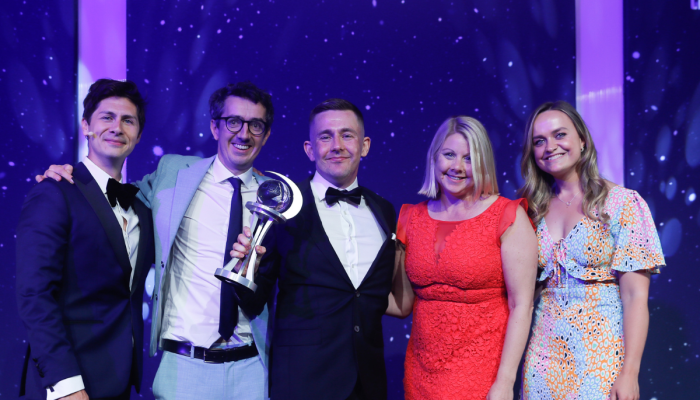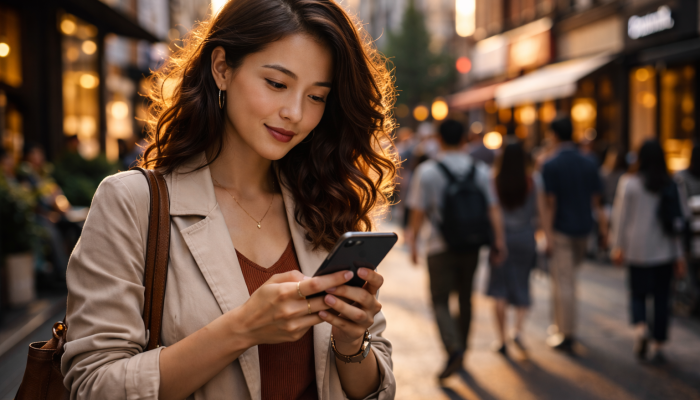2020 was a time of unprecedented and widespread disruption of behaviours and routines. As Wendy Wood, Professor of Psychology at USC commented at the start of the pandemic:
“The routines built up over time are gone, so we all have to make new decisions about how we live now. Everything we do requires a decision, takes more energy and feels uncertain.”
Even now, in January 2021, it may be some time before we can lead the lives we wish to lead. Yet this context still provides a huge and exciting opportunity for behavioural change. Knowing how to set about rebuilding and adapting broken habits or building completely new ones is at the top of everyone’s agenda.
To get 2021 behavioural change goals off to a better start, The Behavioural Architects have brought together the latest thinking from behavioural scientists, neuroscientists, psychologists and practitioners to provide a practical toolkit for how to make and break habits in the new normal. The toolkit comprises six strategies, not only based on evidence-based science by researchers on the science of habits, but which have also been tried and tested with many of our clients.
The six strategies are arranged roughly as a sequence, with the first two being highly important but the more you can leverage, the easier it will be to form new behaviours:
Ensure a stable, supportive environment
So the behaviour is done in the same location. A perfect example is the huge rise in home exercise during the pandemic as those who are now working from home have more predictable routines and a home context to set up their daily run or workout.
Leverage the context
Identify any disruptions to life or existing habits can you draw on. For example, 2020 saw online retail pushing at an already open door, leveraging the disruption to, and existing weaknesses in, instore shopping.
Make it easy
Remove any barriers which make the new behaviour difficult to do. In 2020, contactless payment seized upon the huge opportunity to switch out of traditional payment as people were more motivated to handle and touch less due to the pandemic. Increasing the payment limit was a powerful and effective strategy to make payment easier and more frequent such that we now can’t imagine doing anything else.
Develop cues and rewards
Find prompts to remind and rewards to motivate. Wearing a face mask has become a habit for many, often driven by carefully placed prompts and cues to always have a mask to hand e.g. bolting on to ‘keys, phone, mask’!
Practice and repeat
Repeat a behaviour and the more likely it is it will become a habit.
Build meaning and motivation
To really bed a habit into someone’s identity. All those who took up cycling during 2020 as an alternative to the much reduced public transport services might now be needing a little help to really make being an ‘active commuter’ or ‘cyclist’ part of their identity.
Whether you are wanting to better understand how to change consumer habits, or build a new habit in 2021, this book will provide an easy framework to apply to any new behaviour.
All these strategies illustrated with case studies are detailed in our latest ebook ‘The Behavioural Science guide to Making and Breaking Habits’ which can be downloaded for free (via the button below).
As behavioural scientist and expert on habits BJ Fogg says, “If you pick the right small behaviour, and sequence it right, then you won’t have to motivate yourself to have it grow. It will just happen naturally, like a good seed planted in a good spot.” And right now we all need some help to make life a little easier.



